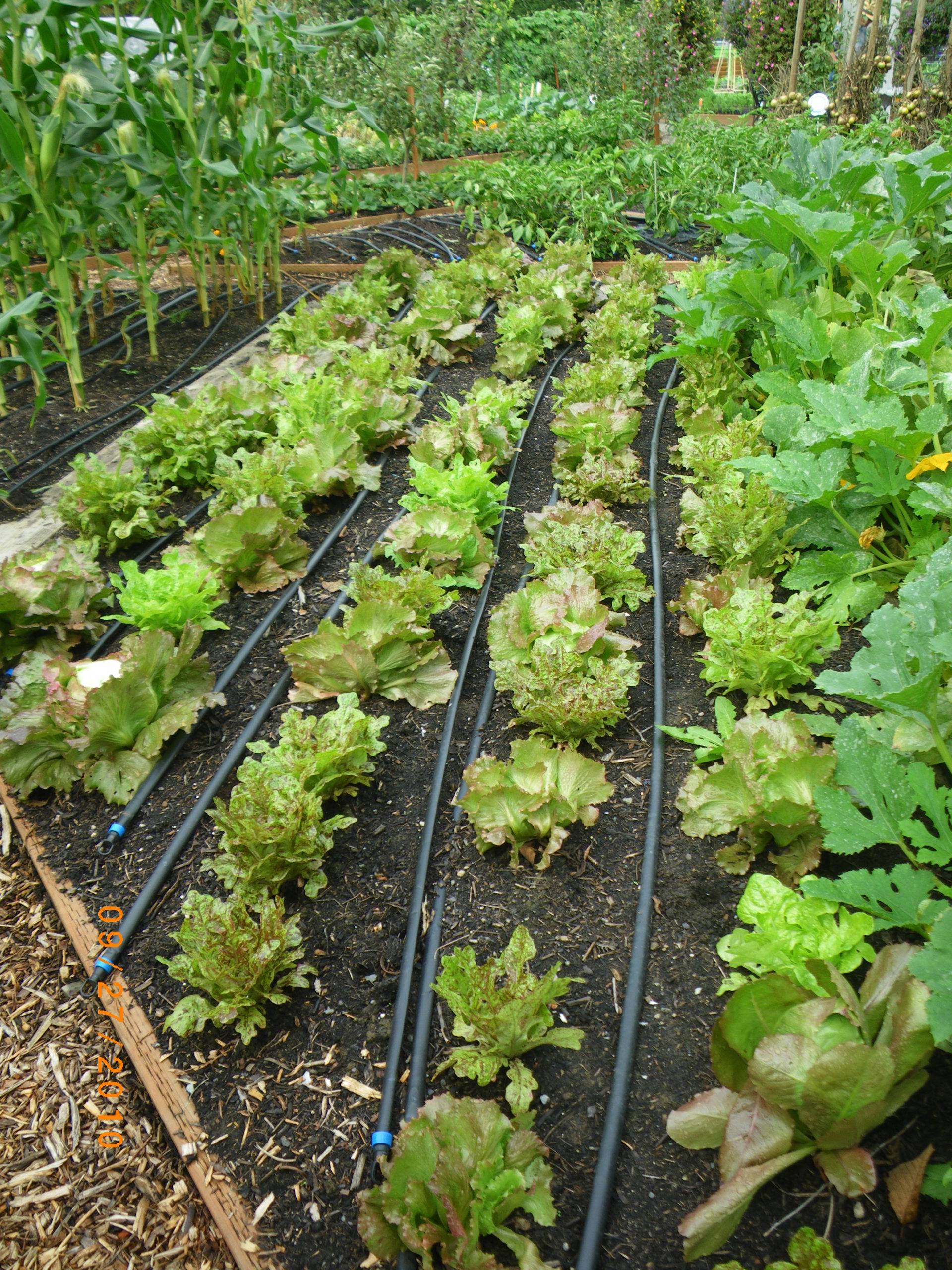
Fall is the best time to care for your lawn. The harsh winter climatic conditions are approaching and the environment has begun to turn browner. Here are some top lawn care tips to help keep your yard looking great. These tips will pay off in the long-term. Get busy! Here are a few ways to keep your yard looking great this fall!
To get rid of the snow and other winter debris, you can use a leafrake. This will allow grass and other plants to absorb the nutrients and water. Important tip: Fertilize your lawn. This will ensure that your lawn gets more nutrients, water and oxygen. In order to prevent the spread of lawn diseases, use fertilizers. These products are designed for lawns. Apply fertilizer only once or twice per year.

Water your lawn regularly. It's best to water in the morning. Make sure to water deeply enough to reach the roots. Overwatering can lead to weed growth and nutrient loss. A shallow watering can can be used to determine how much water your lawn will need. Inspect your lawn every couple of weeks for weeds. Spring and winter are the best times for lawn care. This is the best time to treat your lawn because too much water can cause problems.
Springtime is coming after the fall thaws. Winter is harsh in many parts of the country, so be prepared. You must take steps to protect your lawn during the dormant seasons. Raking leaves can prevent wet spots and moldy patches from growing. If you want to avoid weeds, don't park your vehicle on the lawn. Incorrectly watering your lawn will kill the grasses and invite weeds.
Soil quality is the most important aspect in lawn care. The quality of the soil is a key factor in a lawn's health. The soil type you use will determine the health of your lawn. An aerator can be used to aerate your ground. This will allow the lawn to absorb more nutrients, water, and oxygen. A lusher lawn will thrive if there is more moisture. It is also important to keep your lawn weed-free.

Summer is a crucial season for lawn care. It's important to make sure your lawn gets plenty of water. Your grass will become dry, dull and burnt if you don't water it. In addition to watering your grass, you should also cut it at a height of 3 inches or higher. Too short cutting can cause soil damage, weeds, and disease. It will also leave your turf looking dry and bare.
FAQ
What is your favorite vegetable garden layout?
Your location will determine the best layout for your vegetable garden. Plant vegetables together if your house is in a busy area. However, if you live in a rural area, you should space out your plants for maximum yield.
Which type of lighting best suits indoor plant growth?
Florescent lights work well for growing plants indoors because they emit less heat than incandescent bulbs. They can also provide steady lighting without flickering and dimming. There are two types of fluorescent bulbs: regular and compact fluorescent (CFL). CFLs use up to 75% less energy than traditional bulbs.
Is there enough space in my backyard to grow a vegetable garden.
You might be wondering if you have enough space to grow a vegetable garden if you don't have one. The answer is yes. A vegetable garden doesn't take up much space at all. It just takes some planning. For example, you can build raised beds just 6 inches high. Or you can use containers to build raised beds. You'll still get lots of produce.
Statistics
- According to a survey from the National Gardening Association, upward of 18 million novice gardeners have picked up a shovel since 2020. (wsj.com)
- It will likely be ready if a seedling has between 3 and 4 true leaves. (gilmour.com)
- Today, 80 percent of all corn grown in North America is from GMO seed that is planted and sprayed with Roundup. - parkseed.com
- 80% of residents spent a lifetime as large-scale farmers (or working on farms) using many chemicals believed to be cancerous today. (acountrygirlslife.com)
External Links
How To
How do I keep weeds out of my vegetable garden?
Growing vegetables that are healthy is not possible due to weeds. They vie for water, nutrients sunlight and space. These tips will prevent them destroying your garden.
-
Take out all flowering plants
-
Be sure to remove any debris or leaves from the base.
-
Mulch
-
Get water regularly
-
Rotate crops
-
Don't let grass grow for too long
-
Keep soil moist
-
Plant early
-
Harvest often
-
Make compost
-
Avoid chemical pesticides
-
Produce organic vegetables
-
Get heirloom seeds
-
Start small
-
Learn more about companion planting
-
Be patient
-
Enjoy gardening!